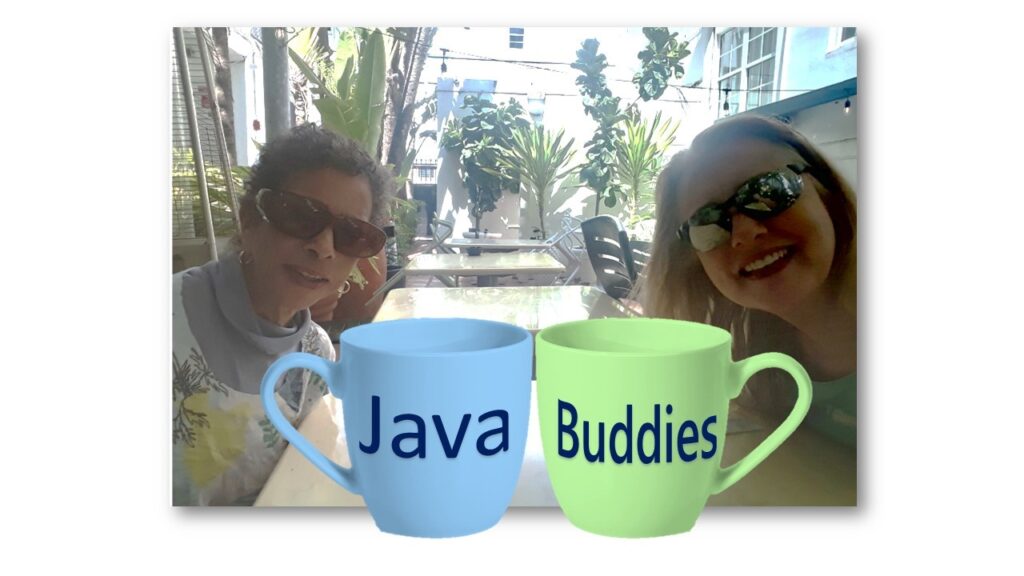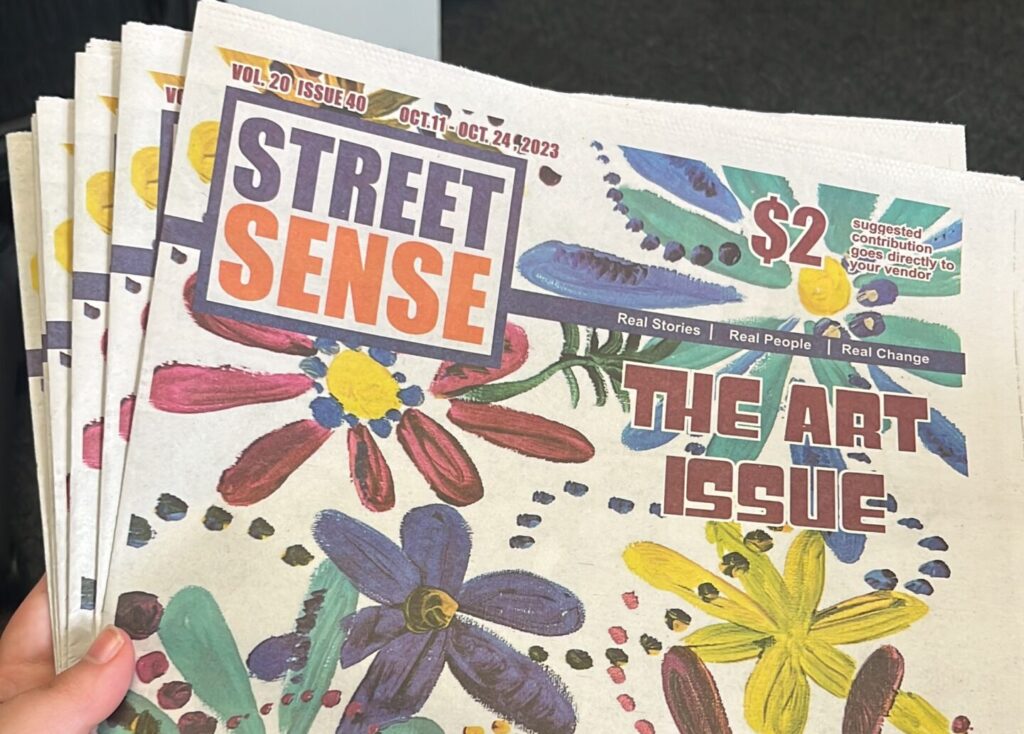This article was featured in the April 1 digital-only edition of Street Sense. Until it is safe to resume person-to-person sales, you’ll always be able to find the current digital-only edition at streetsensemedia.org/Digital. Thank you for reading! Please continue to support our vendors through our mobile app (streetsensemedia.org/App).
Acomprehensive list of which D.C. service providers are remaining open during the COVID-19 outbreak was published on Sunday by the Arlington-based nonprofit behind the District’s text-message alert system for the homeless community, Hope One Source.
The guide details the operating status of 44 different service providers, including everything from soup kitchens and meal programs to shelters and housing assistance. Among the information available for most of the providers is each organization’s contact information, their hours of operation on each day of the week and any changes to the regular services they provide.
As cases of COVID-19 in the District continue to increase and local schools, churches, libraries, and all non-essential businesses have been ordered shut, several organizations that provide essential services to homeless people have stayed open. As of March 23, there were 137 positive cases of the coronavirus in D.C.
Nick Hanson, volunteer director of communications at Hope One Source, said the all-volunteer group saw there was a need for up-to-date information on the availability of services and reached out last week to the more than 500 D.C. service providers that are registered with the text-message-based notification service. The service started as a pilot program with the D.C. Interagency Council on Homelessness and is a project of the nonprofit Hope With Love.
“We learned of this gap by talking to some of our participating service providers and local residents experiencing homelessness,” Hanson said. “Gaps in information are precisely what inspired Hope One Source to begin operating in D.C. back in 2015, after our founders learned of the difficulties D.C. residents experiencing homelessness had discovering and accessing available local services.”
[Read more: Text-Messaging System a Potential Guide to Homeless Services]
As Hope One Source continues to receive information from the providers it reached out to, its volunteers will update the spreadsheet. Service providers can also submit their details for inclusion in the guide at the Hope One Source website.
Updates on hours of operation and adjustments in services will also be relayed to the group’s nearly 2,700 D.C.-based subscribers who identified as “at risk of or experiencing homelessness” through text message alerts. Since last week, more than 50 service providers have used the notification system to send alerts about service changes, Hanson said.
Nearly 80% of Hope One Source subscribers signed up for the service through a local service provider, which means that the updates would be useful for the vast majority of subscribers who are already clients of D.C. organizations.
“The text alerts sent out through Hope One Source from local service providers often provide hope to those in D.C. who need it most and have helped prevent and end homelessness for many of our most vulnerable D.C. neighbors who have signed up,” Hanson said.
Anyone can sign up to receive the text messages at the Hope One Source website.
On March 14, Street Sense Media published an audit of the resource guide printed in its bi-weekly newspaper, detailing which D.C. service providers were staying open amid the COVID-19 outbreak. The guide and accompanying story can be found here.








